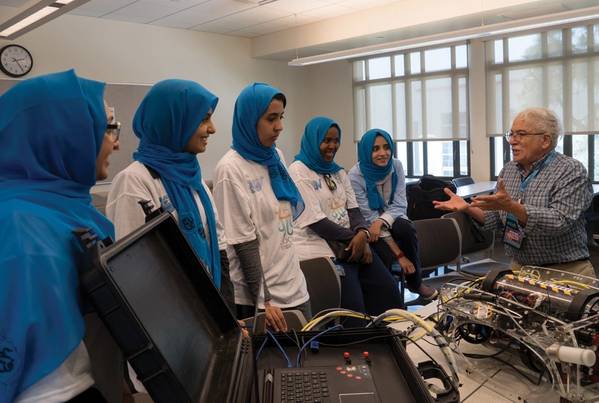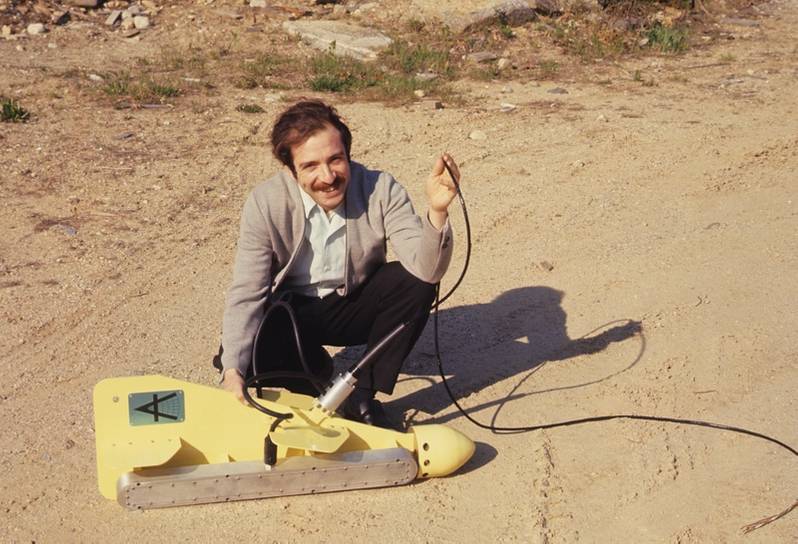
"50 Years From Now" was published in the Oceanology International 50th Anniversary Edition published by Marine Technology Reporter. Here we present insights from one of the legends in the field, Martin Klein. (*Editor's Note: This was written prior to the COVID-19 pandemic)

It feels rather arrogant, but I will give this a try.
We will figure out, hopefully before it is too late, that, as Sylvia Earle says, “No water, no life. No blue, no green.” We will learn to be respectful stewards of our ocean and our planet.
Up until now we have used sound and light to observe the ocean. We know about these phenomena because we evolved with ears and eyes. There are serious shortcomings to using these waves – bending, attenuation, dispersion, etc. Some genius will discover new kinds of waves do not have these constraints. Then we will truly be able to be “Making the Ocean Transparent” (a mantra I have been using for years). This will include everything below the seabed.
We will figure out how to change human anatomy to live underwater, starting with artificial gills and eventually accelerate our evolution to incorporate new capabilities and sensors into our own bodies.
We will have cities under the ocean that can be self-sufficient if necessary.
Much of our work in the ocean still centers on “defense”. We have giant submarines circling the oceans armed with unimaginable weapons of destruction. For our survival we will have to learn to truly live in peace and to renounce war.
We will make significant strides in battery technology (perhaps a practical fusion reactor) so that undersea vehicles and devices will have unlimited run time.
Personal human-occupied submersibles will become commonplace and will have many uses including recreation, transportation and exploration.
Harnessing tides and waves and wind and other technologies as practical energy sources will help end our dependence on non-renewable resources.
We will make many discoveries about human maritime history and learn that humans traveled the globe long before Columbus. We will discover ancient submerged civilizations.
We will have new forms of underwater vehicle propulsion and drag reduction that will make all motion underwater much more practical and efficient.
We will finally learn to have real two-way communication with dolphins, whales and other undersea creatures.
We will have new materials for underwater construction that do not have the corrosion problems of steel.
We will figure out how to have successful, safe, sustainable offshore mariculture/aquaculture.
We will devise methods of large-scale desalinization to create unlimited fresh water for human/animal consumption and agriculture.
We will continue to have larger areas of the ocean declared as marine sanctuaries.



